-
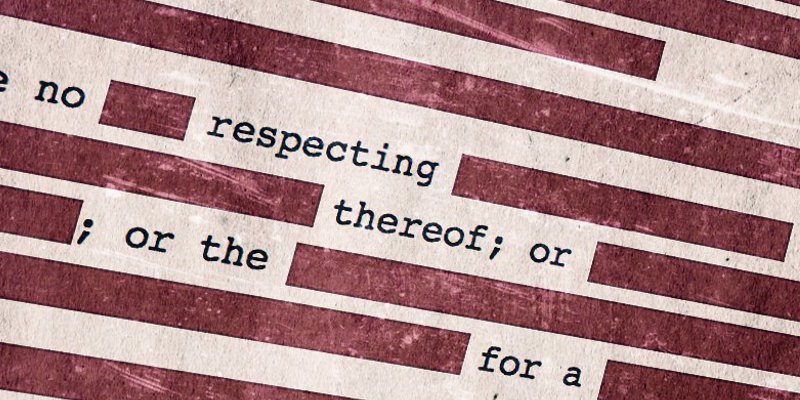
What we talk about when we talk about █████: Secrecy, overclassification, and the CIA’s hidden history
In 1978, the director of the CIA warned that excessive, impulsive secrecy was a danger — not only to the public’s right to know, but to the agency’s ability to keep the important secrets. 40 years later, that lesson still needs repeating.
-

Documents shed light on FBI’s investigation of The Village Voice and RCFP
An additional 57 pages of Federal Bureau of Investigation documents shed more light on the FBI’s 1976 investigation into The Village Voice and the Reporters Committee for Freedom of the Press regarding the publication of the classified and censored Pike Committee report. The documents reveal details of how the Bureau approaches espionage investigations of news outlets and journalism organizations.
-

The FBI investigated The Village Voice and RCFP for espionage in 1976
Documents obtained by MuckRock reveal both what triggered the Federal Bureau of Investigation’s espionage investigation of The Village Voice, and what caused it to expand to include the Reporter’s Committee for Freedom of the Press.
-
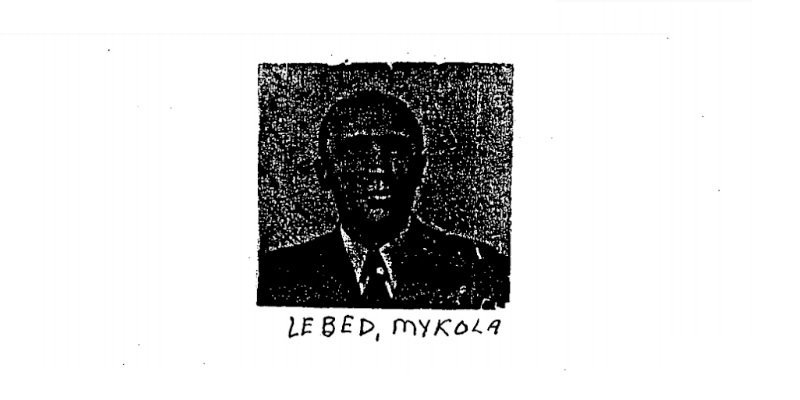
The CIA and “Uncle Louie”
Mykola Lebed was sentenced to death in Poland in 1934. He died in Pittsburgh, Pennsylvania in 1998.
By various accounts, he was an assassin, a freedom fighter, a terrorist, a hero, a villain, a prisoner, a refugee, a Nazi collaborator, a Nazi target, a writer, and a war criminal. To the Central Intelligence Agency, which bankrolled his activities for close to half a century, he was known as “Uncle Louie.”
-
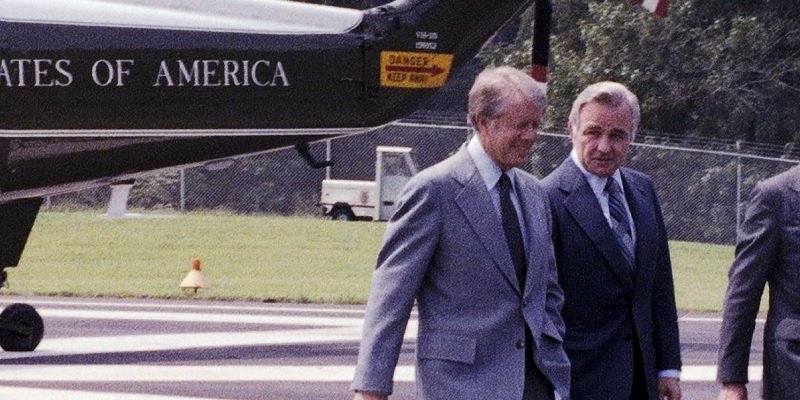
Forty years ago, the CIA was prohibited from engaging in assassinations - again
Forty years ago - in the aftermath of a very public American reckoning with the nation’s Intelligence Community that featured the Watergate scandal, the Church and Pike Committees, and the Rockefeller Commission - President Jimmy Carter signed Executive Order 12036 on January 24th, 1978, placing additional restrictions on the Central Intelligence Agency’s ability to operate in the United States.
-

Homeland Security used a modified version of the Anonymous logo in a presentation on surveillance
A presentation from Homeland Security on Intelligence Oversight Training appears to include a version of Anonymous’ “man without a head” logo that was modified to depict a surveillance state. Perhaps even more interestingly, the image has a preexisting copyright and appears to have been originally used in an article describing Pakistan’s mass surveillance system - a system that appears to liaise with the National Security Agency.
-
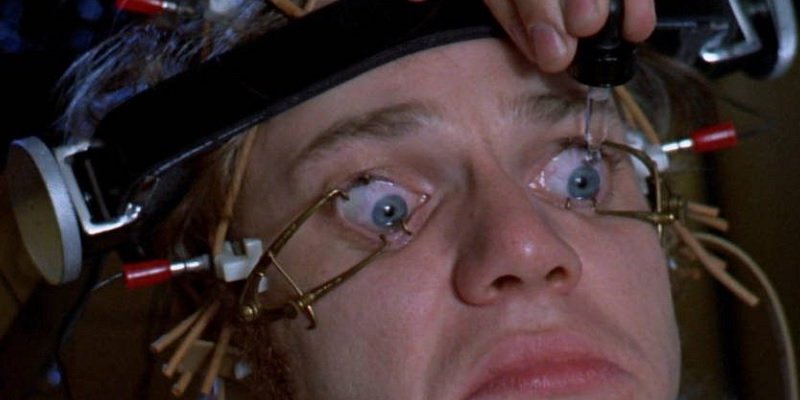
Decades later, the mystique of MKULTRA continues to captivate
Forty years after the Central Intelligence Agency’s experiments on U.S. citizens was revealed in a series of Congressional investigations, materials related to their findings and the CIA’s response live easily-accessible online.
-
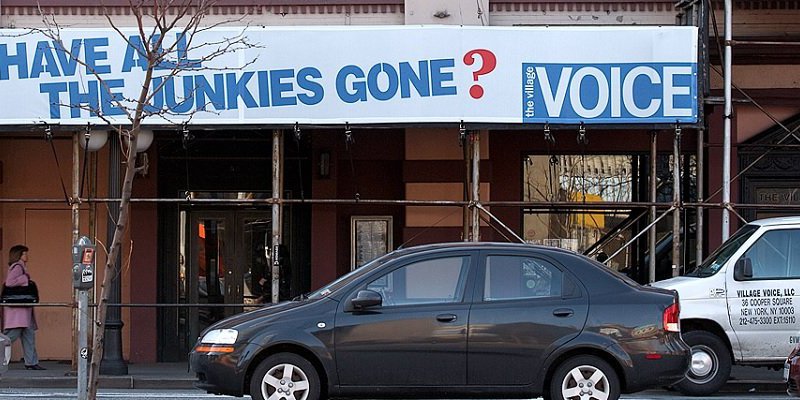
Thanks to the CIA, you can read the report the CIA doesn’t want you to read
On February 16, 1976, the Village Voice went to press with an emblazoned “The Report on the CIA That President Ford Doesn’t Want You to Read.” Inside was a leaked copy on the findings of the Pike Committee, a lesser-known (and arguably more damning) companion to the Church Committee - and thanks to the Agency’s obsessive scrapbooking, you can read the full issue scanned into their declassified archives.
-
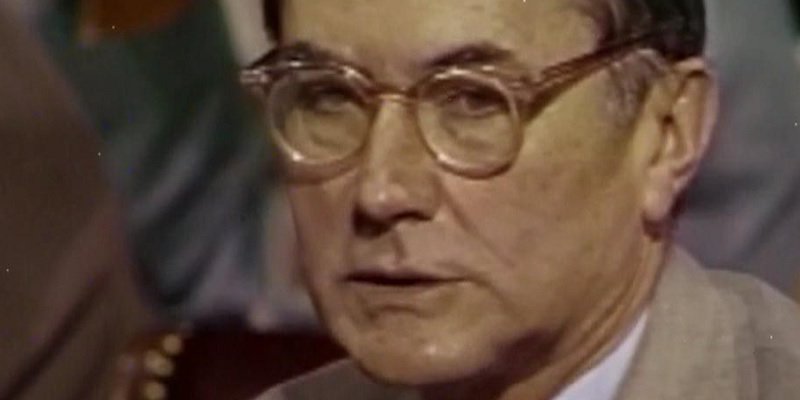
CIA’s 60 year war with the Government Accountability Office: 1975 Part 2
Whether because of the restrictive guidelines or, as Central Intelligence Agency’s own historian suggests, because of the censorship of the Pike Report, the Government Accountability Office continued to be denied any meaningful ability to audit CIA or aid in Congressional oversight. Several years later, a CIA memo would refer to this as them successfully “holding the GAO and their armies of auditors at bay.”
-

CIA’s 60 year war with the Government Accountability Office: 1975 Part 1
The 1975 Pike Committee’s report was an immediate problem for the Agency, and inevitably resulting in recommendations that the Central Intelligence Agency was desperate to avoid. These concerns, it seemed, were well founded, as the Committee ultimately recommended that the Government Accountability Office be granted audit authority over CIA - recommendations that CIA was able to, once again, successfully prevent from being implemented.